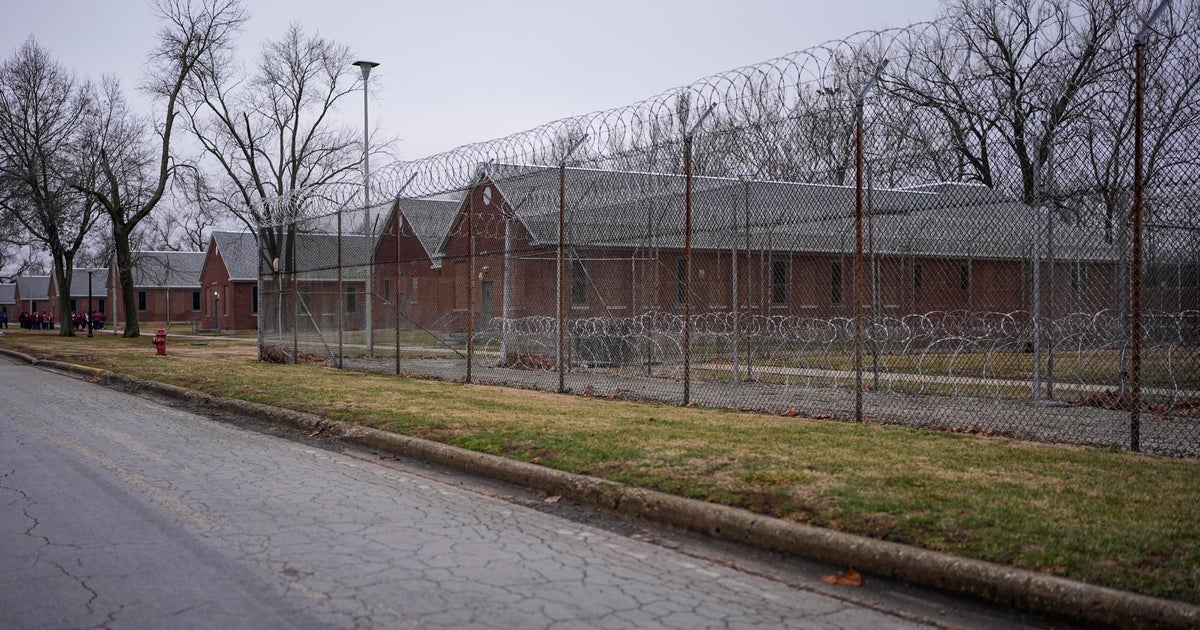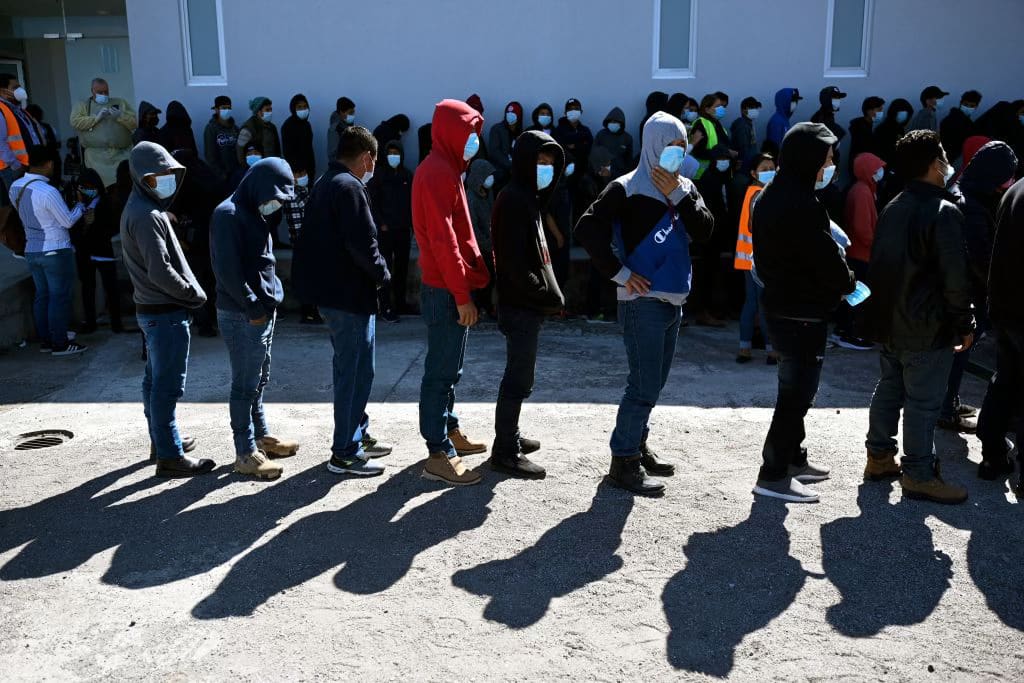More kids are working dangerous jobs amid weaker labor laws, child migration
A troubling trend is brewing underneath America's strong employment market: more children are working in dangerous jobs, violating the nation's labor laws and putting their lives at risk.
In the last 10 months, federal regulators have found almost 4,500 children working in violation of federal child labor laws, an increase of 44% from a year earlier, the Labor Department said on Thursday. Some of the children were operating dangerous machinery, such as deep fryers and meat-processing equipment, the agency noted.
The surge in cases of illegal child labor come as some states are weakening their child labor laws, while some lawmakers have also pointed to an influx of unaccompanied minors crossing into the U.S. as an underlying cause. On Wednesday, a congressional hearing focused on the hundreds of thousands of children who have entered the U.S. alone since 2021, with some lawmakers questioning Department of Health and Human Services Secretary Xavier Becerra about their safety.
"Earlier this year, news reports detailed cases of unaccompanied minors working in harsh conditions in plants and factories," Rep. Kathy Castor, a Democrat from Florida, said at the hearing. "The reports were shocking and deeply disturbing."
Almost 400,000 children have entered the U.S. alone since 2021, according to government data. The numbers have spiked in 2021, 2022 and 2023 compared with 2020, the data shows.
A New York Times investigation published earlier this year found that the use of child migrant labor in factories across the U.S. has "exploded" since 2021, and concluded that "the systems meant to protect children have broken down."
- Meat plant contractor hired kids to clean "razor-sharp" saws, government says
- A teen worker was burned while illegally using a deep fryer. McDonald's was fined more than $3,000.
- Iowa moves to weaken child labor laws, joining other states
Some of the children entered the U.S. alone and then went to live with relatives or friends, who sometimes pressure the youths to make money by getting jobs at meat-packing plants, food processors and other employers.
These jobs can even be fatal, such as in the case of a 16-year-old boy from Guatemala who died earlier this month in a machinery-related incident at a Mar-Jac poultry plant, NPR reported. The boy, Duvan Tomas Perez, was too young to be legally working at the poultry plant, according to federal law.
Employers have faced fines of $6.6 million since October, an 87% increase from a year earlier, the Labor Department said Thursday.
Rolling back labor laws
Meanwhile, some states are rolling back child labor regulations, with state policymakers arguing that such changes can provide parents with more flexibility in helping their kids get jobs.
Earlier this year, Arkansas weakened some child labor protections when Republican Gov. Sarah Huckabee Sanders signed a law to make it easier for children under 16 to get hired. At least nine states have introduced laws that would allow children as young as 14 to serve alcohol, according to the Economic Policy Institute.
These changes come amid a tight labor market across much of the U.S., with some employers still struggling to fill positions. But children working in factories or serving alcohol encounter safety risks, with the EPI noting that the latter puts kids at risk of sexual harassment and increases the chances that those child workers will consume alcohol.
Government regulators have closed 765 child labor cases since October, and have another 700 open cases, the Labor Department said on Thursday.
"Child labor is an issue that gets to the heart of who we are as a country and who we want to be," said acting Secretary of Labor Julie Su in the statement. "[W]e believe that any child working in a dangerous or hazardous environment is one child too many."



